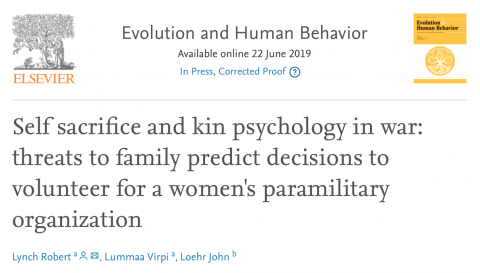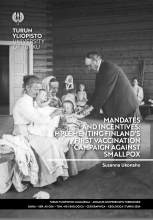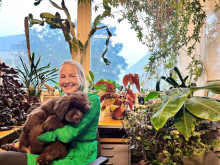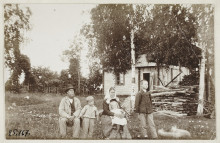
Self sacrifice and kin psychology in war: threats to family predict decisions to volunteer for a women's paramilitary organization
The conditions that propel humans to make sacrifices for groups of unrelated, and often unknown, individuals has received considerable attention across scientific disciplines. Evolutionary explanations for this type of sacrifice have focused on how men form strategic coalitions organized around kin networks and reciprocity when faced with out-group threats. Few studies, however, have analyzed how wome n respond to external threats. Using data from one of the largest female paramilitary organizations in history we show that women who have more brothers, women whose husbands serve in the military and women without children are more likely to volunteer. These results provide qualified support for the hypothesis that women are more likely to sacrifice for their country when members of their family are at risk. Overall, our analysis suggests that self-sacrifice and intense bonding with an imagined community of unknown individuals, such as the nation state, may arise out of a suite of psychological adaptations designed to facilitate cooperation among kin (i.e. kin psychology). These results can be interpreted within the framework of kin selection showing how individuals come to view unrelated group members as family. They may also shed light on various theories of group alignment, such as ‘identity fusion’ – whereby individuals align their personal identity and interests with those of the group – and on our understanding of evolutionary adaptations that cause women to direct altruism toward in-groups.
Kin selection | kin psychology | identity fusion | self sacrifice | out-group threat | risk tolerance|
Read the accepted manuscript here










